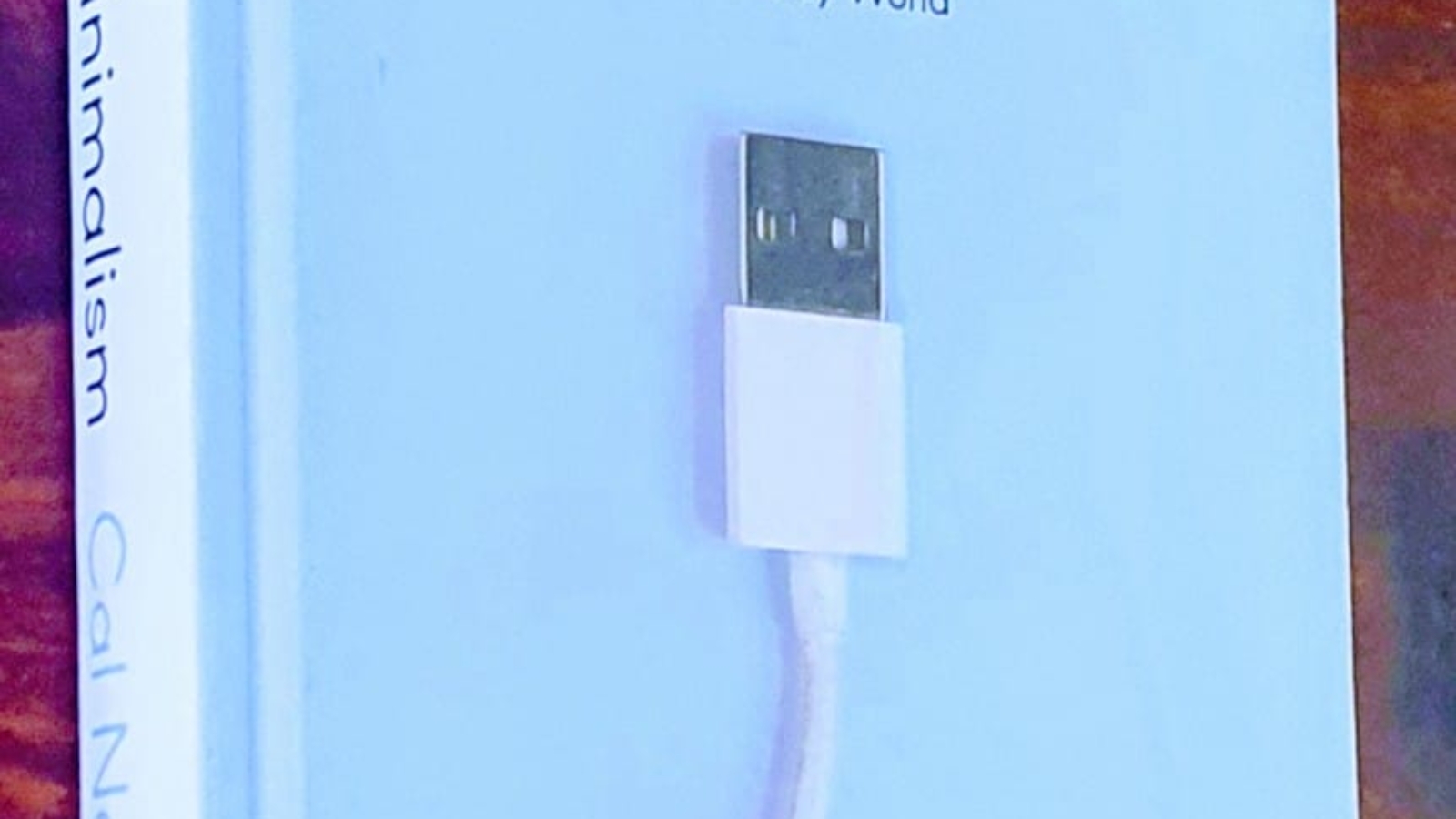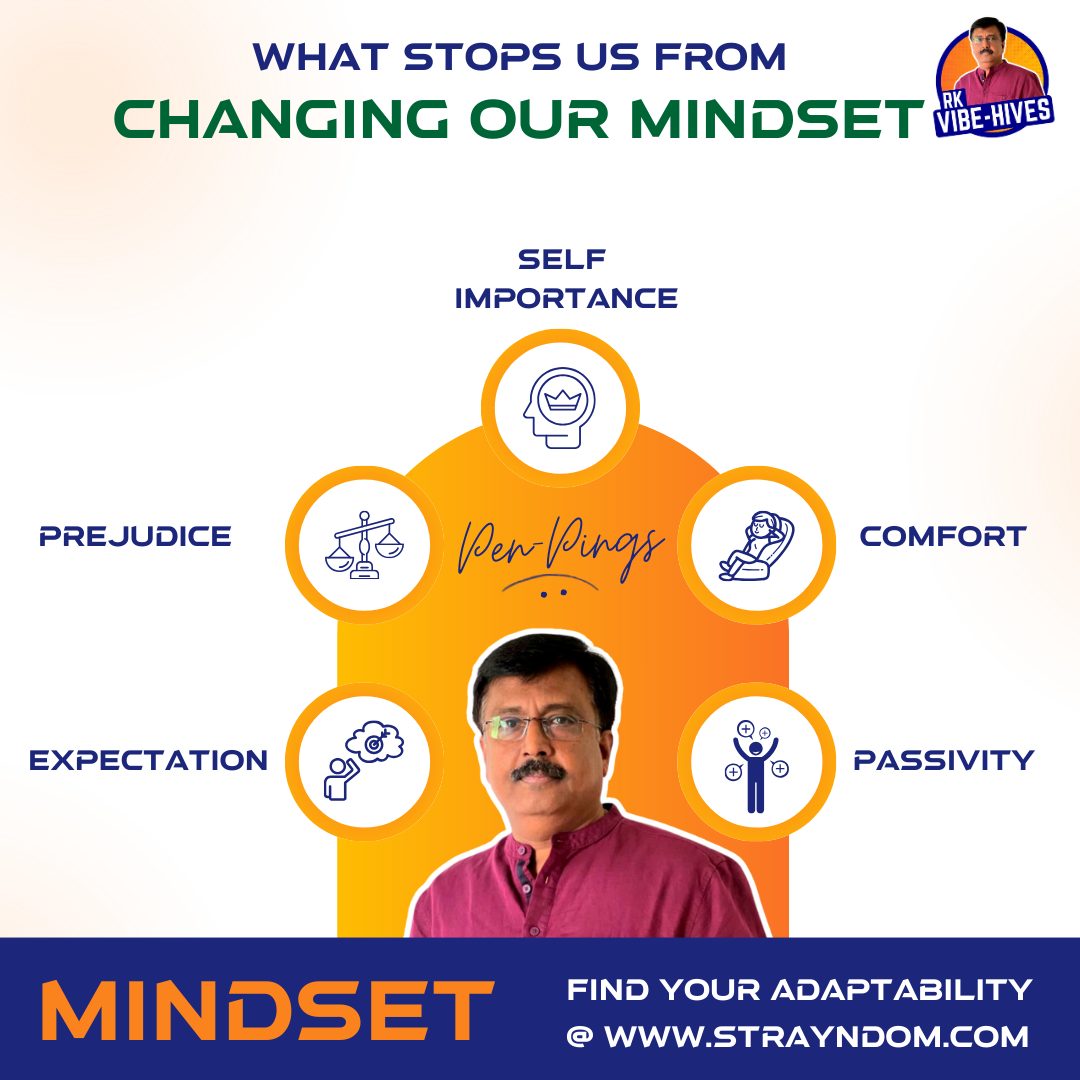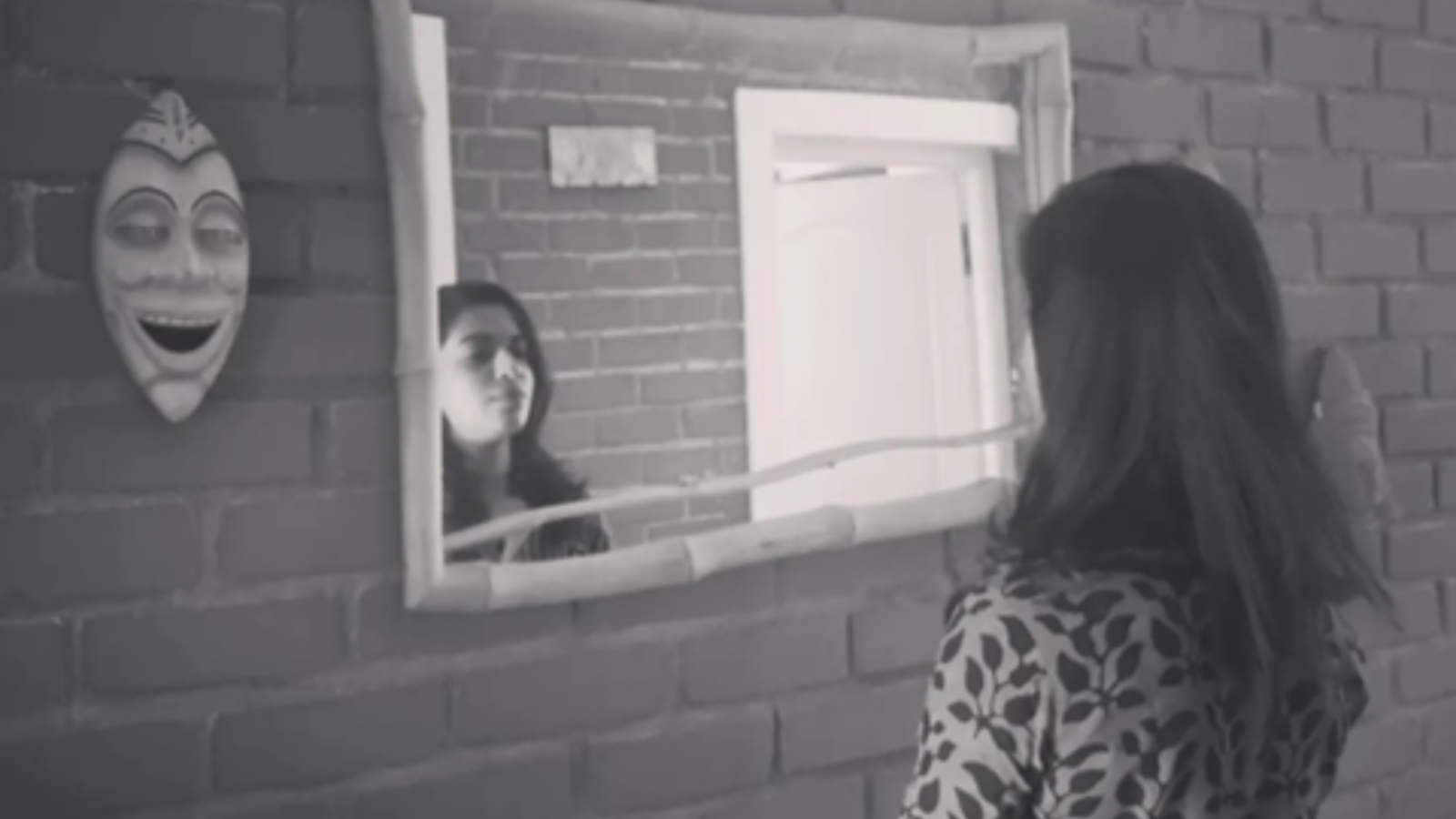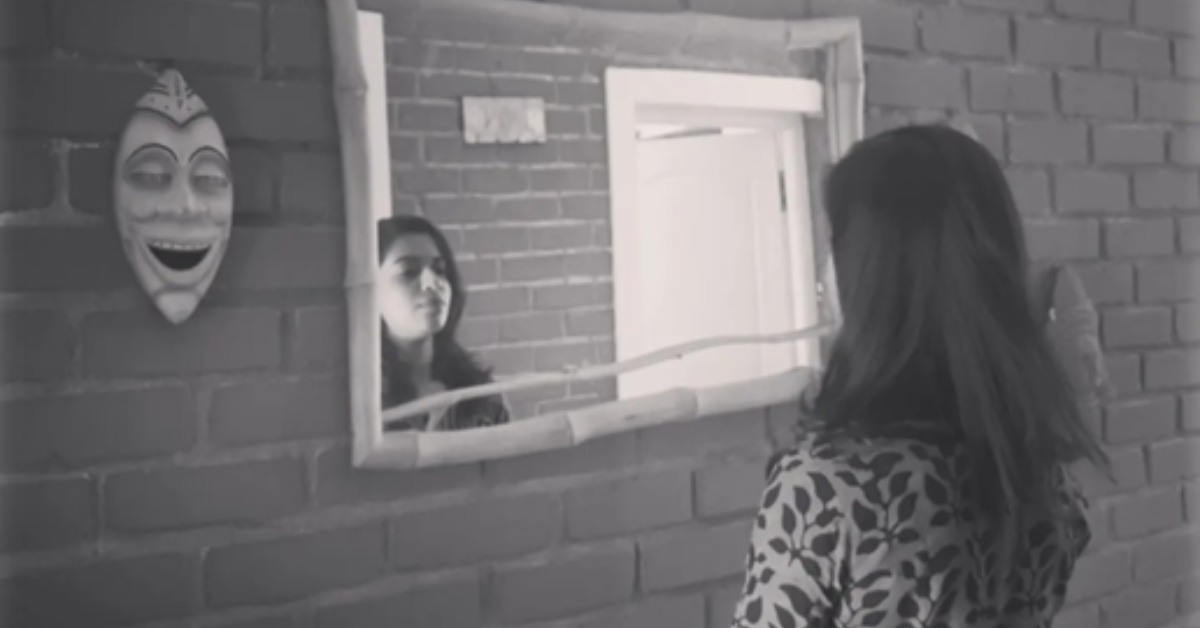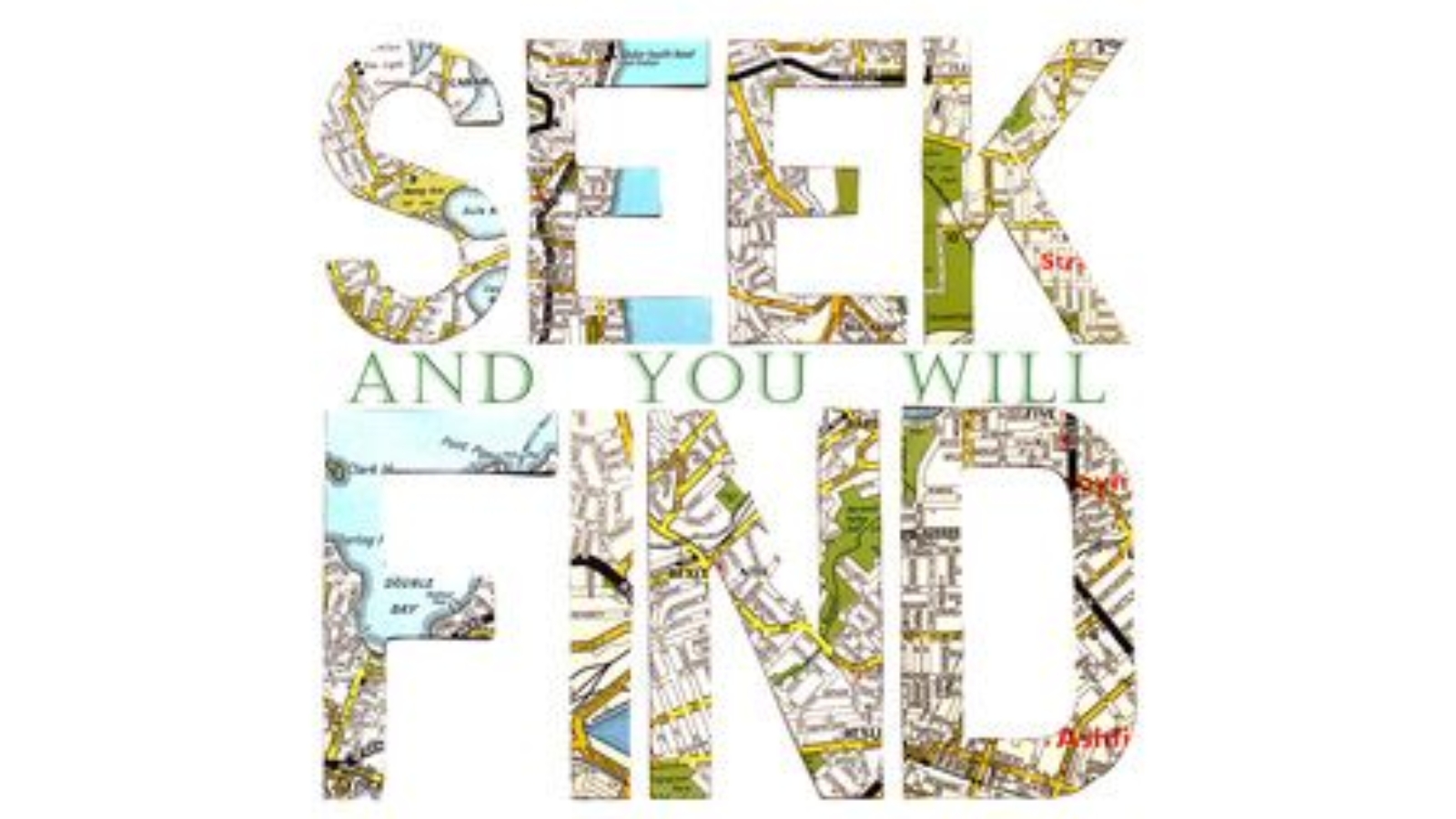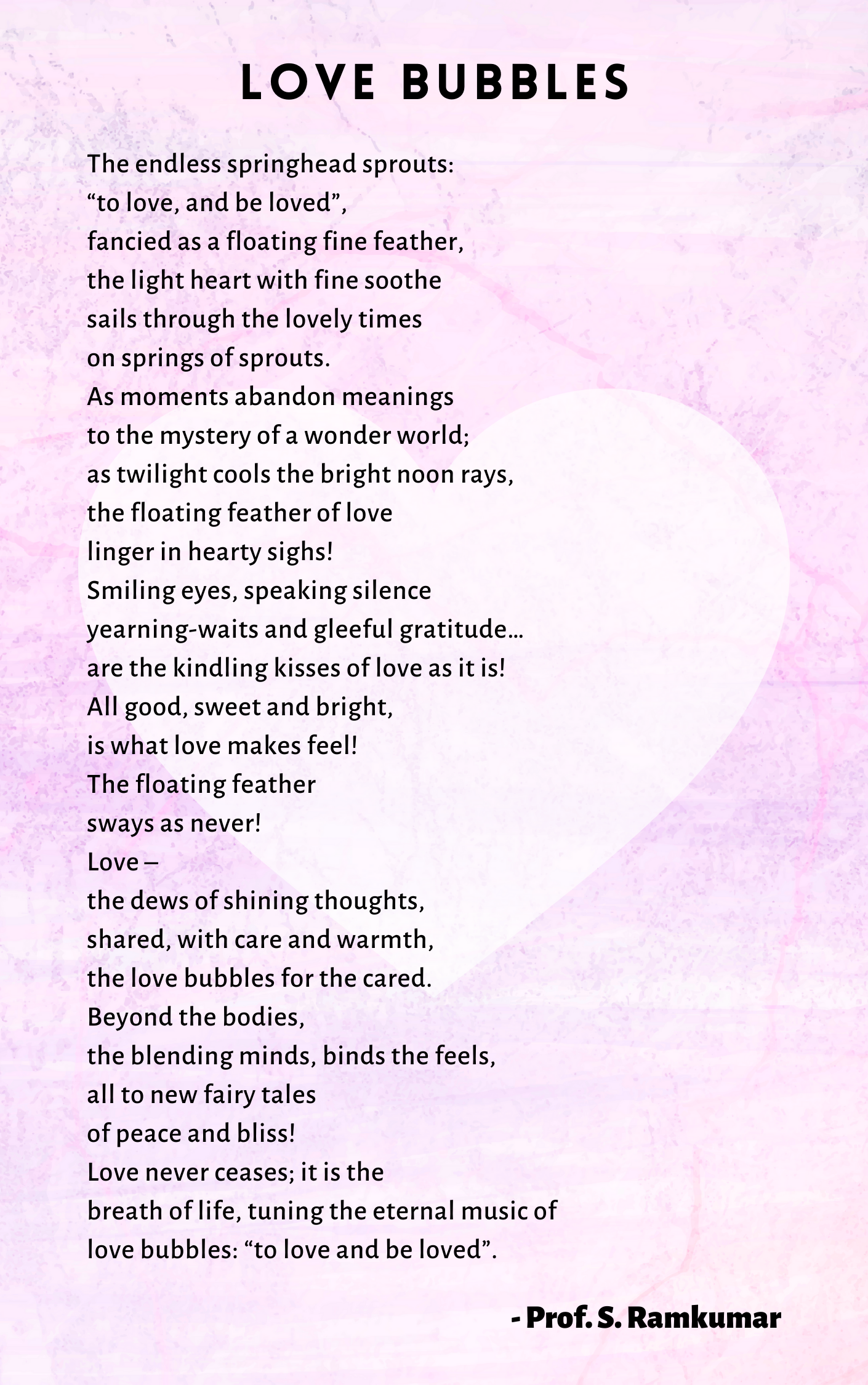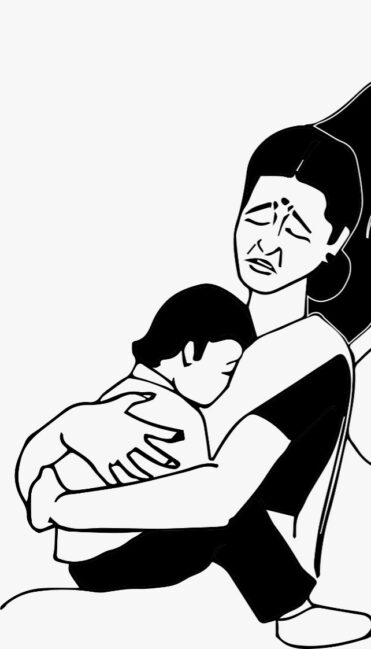STRANDOMS: the stray and random thoughts
November 12,2024
Prof. S. Ramkumar
Digital entrap
The Digital entrap
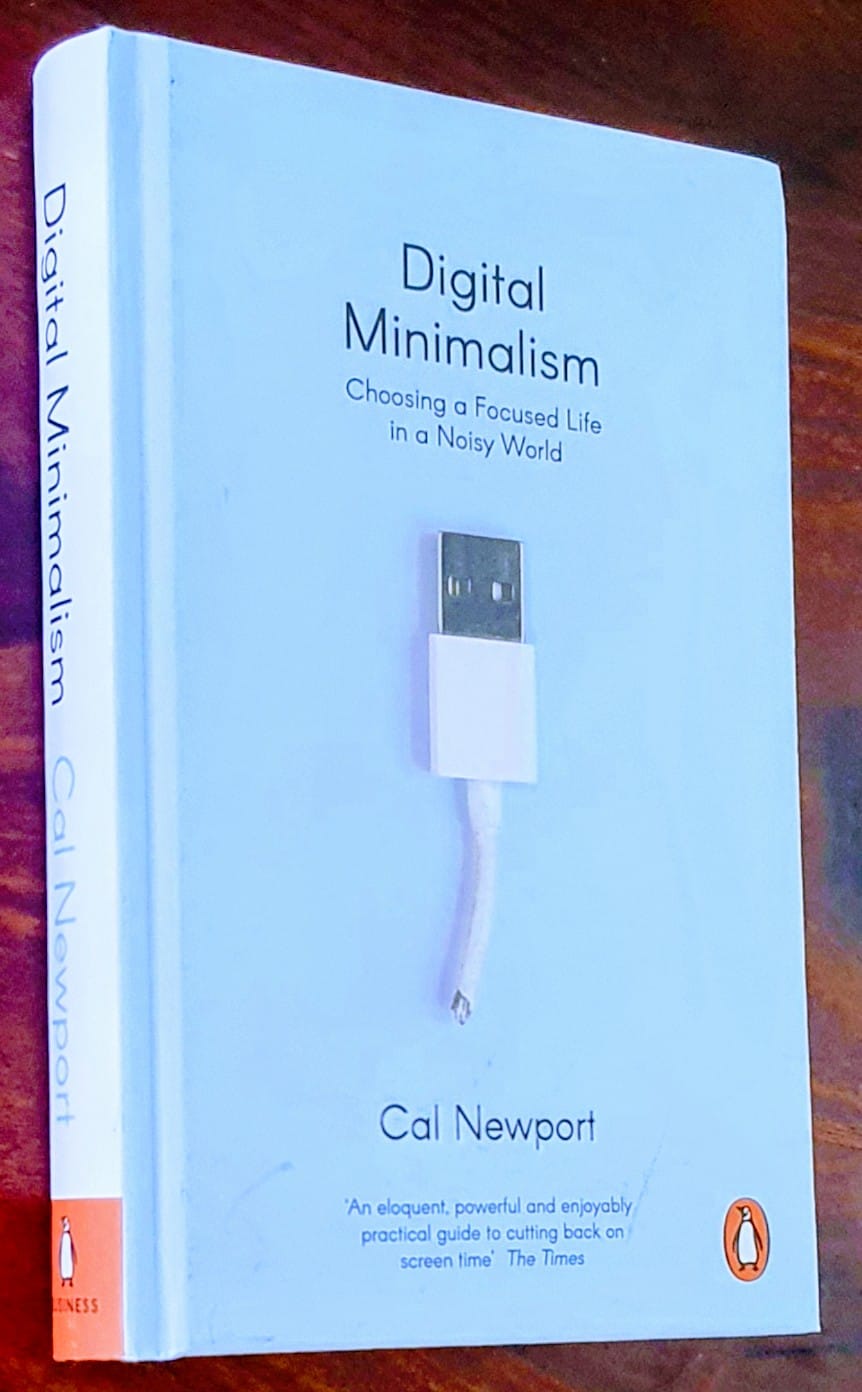
We hear a lot now about how people are hooked to cellphones or iPad and “live a life” of them; how it distracts the normal listening and other harmonies of life on a day to day manner. Many writings and books are being published regarding this : how, we (humans!) are losing identity to the technologies!
Cal Newport in his book “Digital Minimalism” : Choosing a Focused Life In a Noisy World (2019, Penguin Publications) introduces the issue, and offers practical solution of limiting the use of technologies in a step by step manner.
He clarifies that technology means the “new technologies”’, ”which include apps, websites, and related digital tools that are delivered through a computer screen or a mobile phone and are meant to either entertain, inform or connect you.”
Newport effectively highlights the addictive nature of digital technologies, particularly social media. The constant stream of notifications and the fear of missing out (FOMO) can significantly impact our mental well-being and productivity.
Prof. Newport shows us how to reduce digital distractions and live better with less technology and proposes the philosophy of “Digital Minimalism” (p28):
“A philosophy of technology use in which you focus your online time on a small number of carefully selected and optimized activities that strongly support things you value, and then happily miss out on everything else.”
The “digital minimalists” are the calm, happy people who can hold long conversations without frequent glances at their phones or obsessively documenting everything they eat. It reminds us how to live intentionally in the growing tech-saturated world. He suggests a thirty-day “digital declutter” process. The book explains the practical steps in a simple manner. The social media in a big way is “exploiting the human “instinct for approval”. We are drifting away from “conversation-centric communication” to “digital connect communication”.
The challenge of moderation, as I think is, on how far have we already swam across the ocean of digital communication in the present world (in a way we are already a long way on the ocean; whether we will be able to release ourselves?!) ; though a comeback seems impossible, a purposive slow down through declutter,, and exploring the human nature seems practical!
Because we all live through the present world, which I call as the “Techno sapien age”, the discussions are revelations of the present, and relevant to the life of humans on this planet for future.
